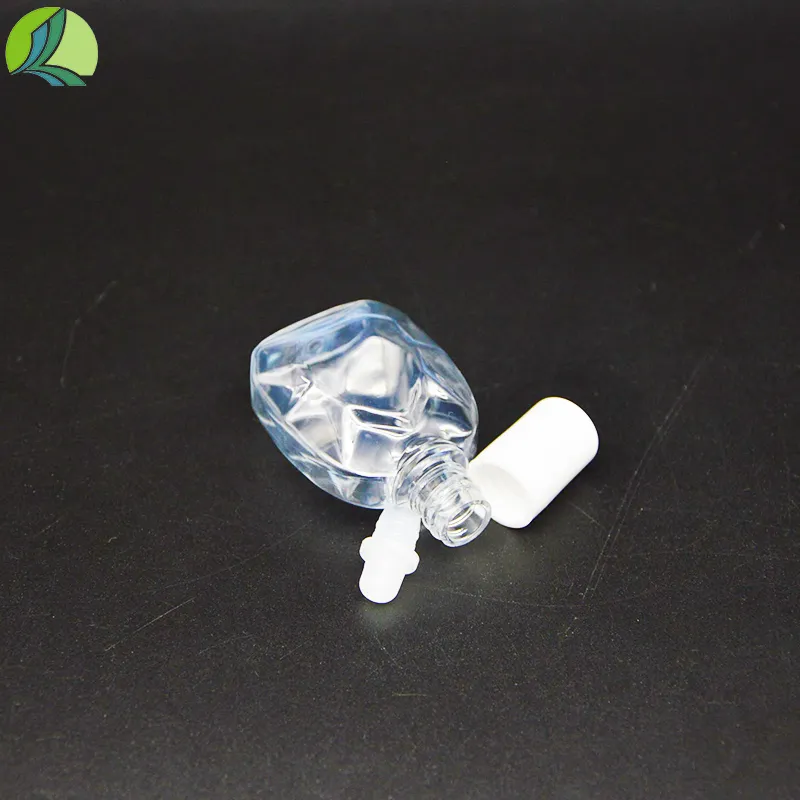Exploring Different Types of Plastic Falcon Tubes for Various Applications
Understanding Falcon Tube Plastic Types A Comprehensive Overview
In the world of scientific research, laboratory tools and materials play an indispensable role in ensuring accurate results and efficient workflows. One of the most ubiquitous instruments found in labs across various disciplines is the Falcon tube. Developed by the Falcon brand, these plastic tubes are widely used for sample storage, centrifugation, and transportation due to their durability and reliability. However, not all Falcon tubes are created equal. In this article, we will explore the different types of plastic used in Falcon tubes, their properties, and their applications.
What Are Falcon Tubes?
Falcon tubes, also known as centrifuge tubes or conical tubes, are cylindrical containers made from various types of plastic. They typically feature a conical bottom, which allows for effective sedimentation of samples when centrifuged. These tubes come in different sizes, most commonly ranging from 15 mL to 50 mL, and are designed to withstand the rigors of laboratory work.
Common Types of Plastics Used in Falcon Tubes
1. Polyethylene (PE) Polyethylene is one of the most common plastics used in the production of Falcon tubes. Its high chemical resistance and flexibility make it an ideal choice for various laboratory applications. PE tubes are typically less expensive, which makes them a popular option for labs operating under budget constraints. However, they may not be suitable for high-temperature applications.
2. Polypropylene (PP) Polypropylene is another widely used plastic in Falcon tubes. Its durability and resistance to heat, chemicals, and mechanical stress make it an excellent choice for a broader range of applications compared to polyethylene. PP tubes are safe for autoclaving, allowing for sterile applications. Their rigidity ensures that they maintain their shape even under high-pressure conditions.
3. Polystyrene (PS) While not as commonly used for Falcon tubes, polystyrene has specific applications in laboratories. PS is often utilized in tubes designed for low-temperature applications or for storing samples that require transparency. While it offers the advantage of visibility, it is less resistant to chemical corrosion than PE or PP.
4. Polycarbonate (PC) Polycarbonate Falcon tubes are known for their high impact resistance and clarity. They are often used in environments where the visibility of samples is crucial. However, PC tubes are typically not autoclave-safe and should be avoided in applications involving strong chemicals.
falcon tube plastic type

Choosing the Right Falcon Tube
When selecting a Falcon tube, researchers must consider several factors, including the properties of the sample, the intended application, and the type of centrifugation that will be performed. For example
- For high-temperature applications or where autoclaving is necessary, polypropylene tubes are the best choice due to their thermal stability. - If sample visibility is essential, polycarbonate tubes may be more appropriate, keeping in mind their limitations regarding sterility and chemical resistance.
- For economical options, polyethylene tubes are suitable for general use when high performance is not a critical factor.
Environmental Impact and Sustainability
As awareness of environmental issues grows, so too does the demand for sustainable laboratory products. Many manufacturers of Falcon tubes are now exploring the use of recyclable materials and biodegradable plastics. While traditional plastics like PE and PP are often not biodegradable, advancements in material science are leading to innovative solutions that can reduce the ecological footprint of laboratory practices.
Conclusion
Falcon tubes are a cornerstone of laboratory practices, and understanding the various plastic types they are made from is essential for researchers aiming to optimize their protocols. Each type of plastic offers distinct advantages and limitations, making it critical to select the appropriate tube based on specific needs and applications. As the scientific community continues to evolve, so will the materials used in Falcon tubes, paving the way for more sustainable and efficient laboratory practices. Ultimately, making informed choices regarding Falcon tube selection can lead to more reliable experiments and, consequently, groundbreaking scientific discoveries.
-
Aesthetic Makeup Spray Bottles | Fine Mist Empty RefillableNewsAug.19,2025
-
White Plastic Veterinary Vaccine Vials | Lab Liquid BottlesNewsAug.18,2025
-
Plastic Medicine Liquid Bottle: Secure Flip Top Drug VialsNewsAug.17,2025
-
Durable 250ml Blue Plastic Vaccine Vial for Lab & Vet UseNewsAug.16,2025
-
Sterile Virus Sample Tubes: Secure & Reliable Specimen CollectionNewsAug.15,2025
-
White 250ml Plastic Vaccine Vial for Lab & Vet MedicineNewsAug.14,2025
























